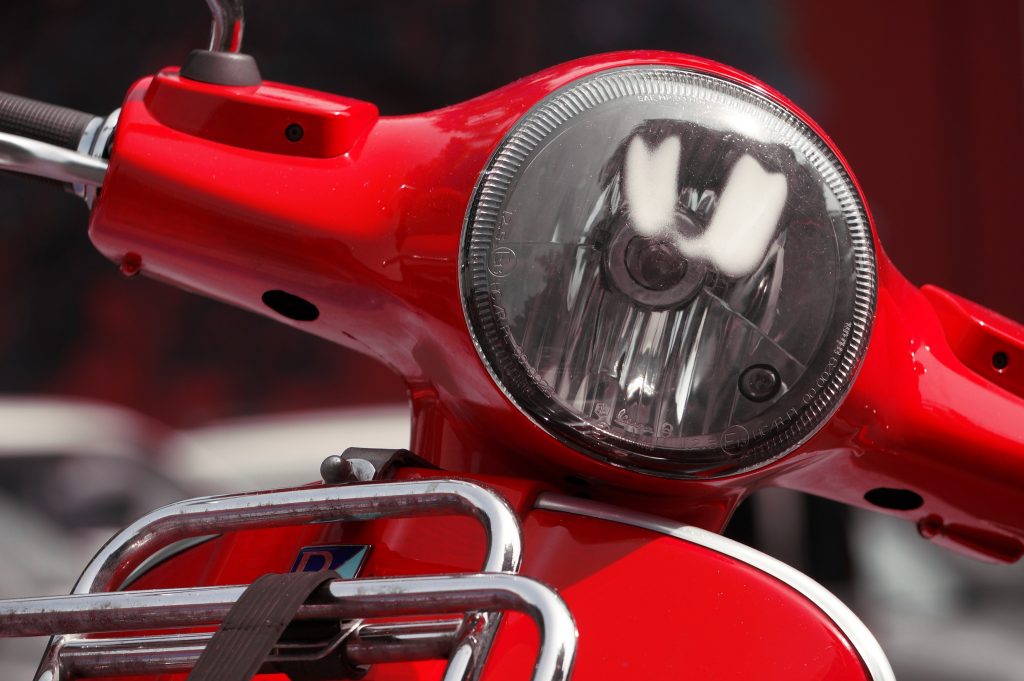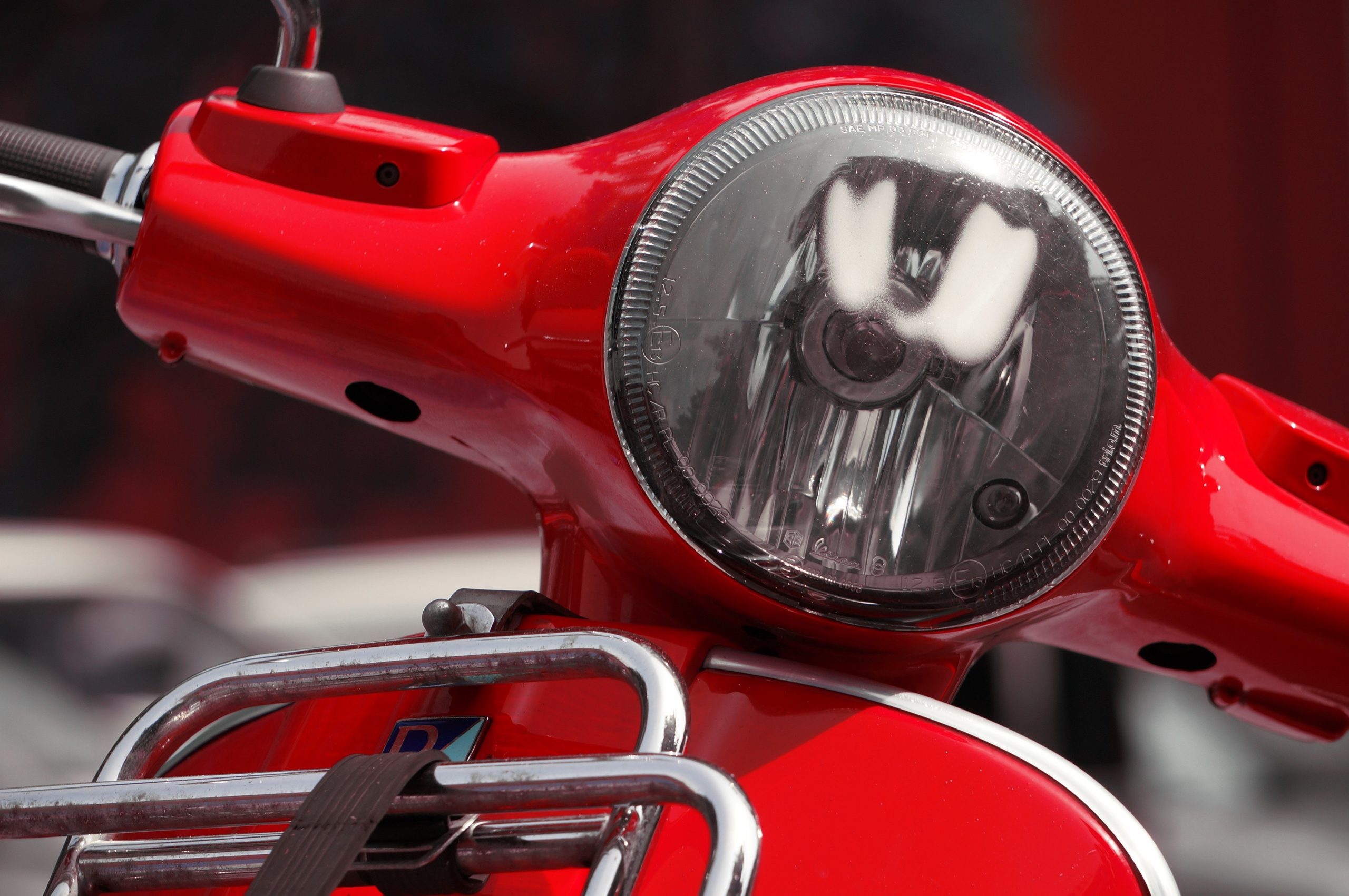Don't miss our holiday offer - 20% OFF!

Read also : Reading Rainfall: The Role of Sensors in Predicting Floods and Mitigating Their Impact
Electric motors play a crucial role in our lives today, powering our vehicles, household appliances, and much more. One fundamental aspect of understanding electric motors is grasping the concept of torque and the vital role that torque sensor technology plays. This article will delve into the concept of torque sensors, why they are essential, and how they can impact the health and performance of electric motors.
Contents
What Is a Torque Sensors?

Read also : Unraveling Speed Sensors: How They Become Your Eyes in Electric Motor Care
Before we dive deeper, let’s understand what a torque sensor is. A torque sensor is a device used to measure torque or rotational force in motors or other mechanical devices. Torque is the force that causes an object to rotate, and torque measurement is a way to gauge how effectively a motor or machine can generate rotational power. This is particularly crucial in various applications, especially electric motors.
The Importance of Torque Sensors in Electric Motors

Read also : Automated Parking Concept: Smart Solution for Availability
Energy Efficiency
One of the primary reasons why torque sensors are essential in electric motors is to enhance energy efficiency. By understanding how well a motor can generate torque, manufacturers can design more efficient motors. This translates to reduced electricity consumption and energy savings.
Reliability
Torque sensors also play a significant role in monitoring the health of electric motors. They can detect symptoms of damage or wear that might occur in the motor. By regularly monitoring torque, owners of electric motors can identify potential issues before they become serious, thus saving on costly repairs.
Applications of Torque Sensors

Read also : Application of Drone Technology in Agricultural Monitoring in Smart Agriculture
Automotive
In the automotive industry, torque sensors are used in electric and hybrid vehicles to measure the torque produced by electric motors. This information helps optimize battery efficiency and enhance vehicle performance.
Manufacturing Industry
In the manufacturing sector, torque sensors are employed in production machinery to ensure that the produced products meet high-quality standards and comply with specifications.
Challenges in Torque Sensor Usage

Read also : IoT Sensors in Asset Management: Opportunities and Challenges
Despite their usefulness, torque sensors also come with certain challenges. One of these challenges is achieving accurate calibration, as torque can vary depending on various factors. Additionally, torque sensors must be well-maintained to ensure accuracy and reliability.
Conclusion

Read also : Optimizing Motor Performance: How Pressure Sensors Work
Torque sensor technology is a critical component in understanding the health and performance of electric motors. By comprehending this concept, we can optimize energy efficiency, enhance motor reliability, and utilize electric motors more effectively in various applications. With the continuous development of torque sensor technology, we can expect electric motors to become even more efficient and reliable in the future.





